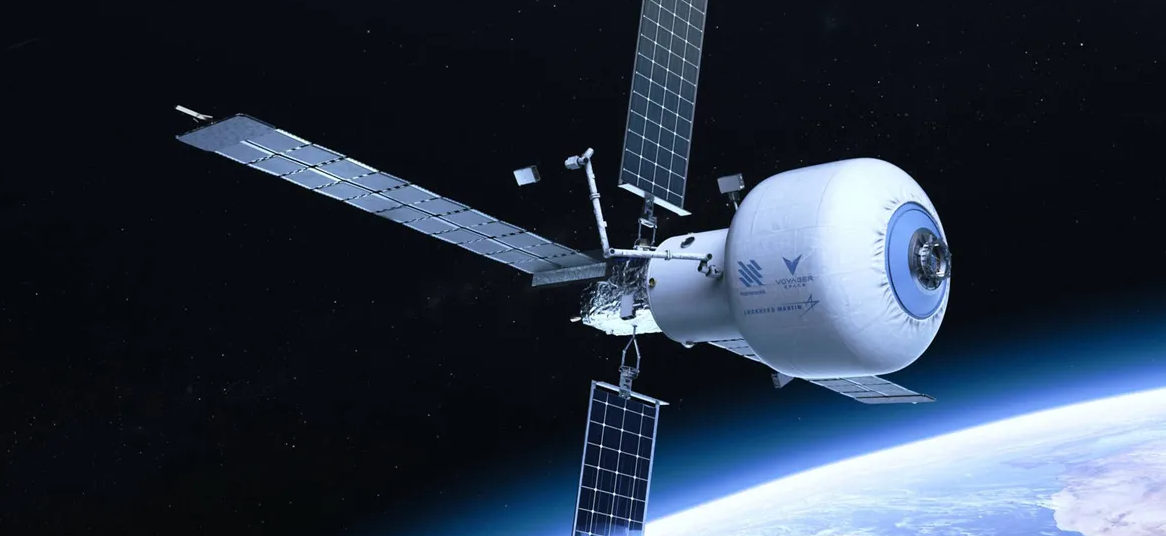The cost of launching satellites is a major obstacle. The high cost of orbital access is mainly because rockets have to be discarded after the flight.
But, the advent of reusable rockets could help lower launch costs and open up a whole new era of space exploration.
NASA’s space shuttle was the world’s first reusable spacecraft that took off vertically and landed horizontally like a plane. But NASA has abandoned fully reusable rocket design after the retirement of its Space Shuttle fleet.
However, Amazon’s Jeff Bezos and SpaceX founder Elon Musk are still chasing the dream of low-cost reusable rockets that has sparked a new space race.
Last month, Jeff Bezos’ space company, Blue Origin, launched a rocket into space and safely landed it back on Earth.
Blue Origin’s New Shepard space vehicle went straight up to an altitude of about 60 miles (technically space) and came back safely while remaining upright and intact.
But SpaceX’s Falcon 9 rocket soon proved itself a real competitor. The Falcon 9 landed intact near its launch pad at Cape Canaveral, Florida on December 21 after launching 11 Orbcomm satellites into orbit.
Which landing was the bigger achievement? That’s a matter of debate.
Musk pointed out that the much smaller New Shepard did not fly as high, nor was it as large or as fast as the Falcon 9. He claimed to be the undisputed rocket champion, diminishing Blue Origin’s accomplishment.
Jeff Bezos was quick to say congrats, tweeting “welcome to the club” which reminds Musk that Bezos was the first to land a rocket back on earth.






